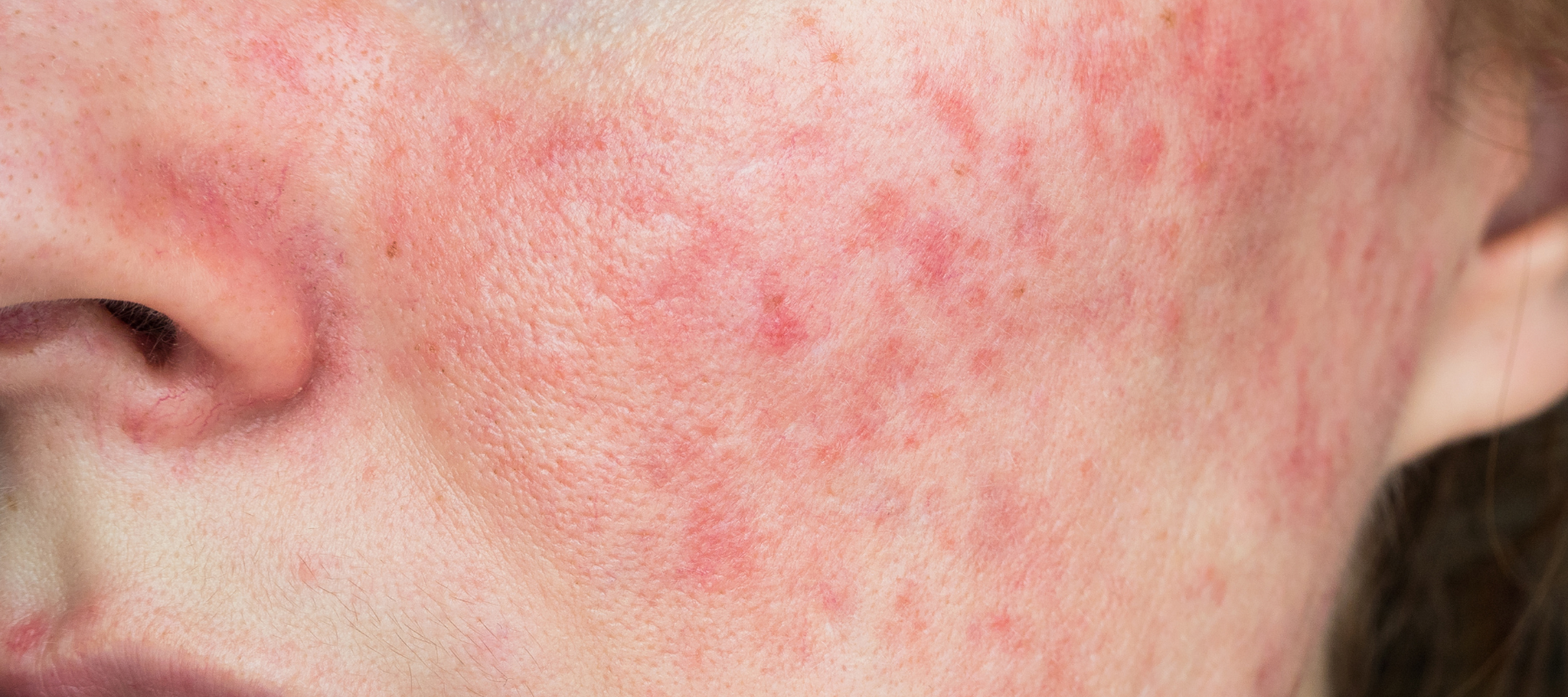
Understanding Acne Rosacea: Causes, Symptoms, and Treatment
Acne Rosacea is a skin condition that causes redness on your face, especially on the forehead, cheeks, and nose. Also, rosacea flares up occasionally during life and usually begins after age thirty. Medications, lotions, and creams assist with symptom reduction.
In this article, learn what is rosacea, its causes, symptoms, and more. So, let’s start.
What is rosacea?
Many people confuse rosacea with other skin conditions like common acne or dermatitis. However, rosacea is different and a prevalent skin ailment that affects the face. It results in redness and little pimples that resemble acne.
Rosacea pimples have no known treatment. However, with medication, mild skin care, and avoiding triggers, you might be able to manage it.
Causes of acne rosacea
Numerous variables contribute to this, even if its precise cause is yet unknown. So, here are the following acne rosacea causes.
Genetics
The onset of acne rosacea is often linked with a hereditary risk factor. One's likelihood of developing acne rosacea is higher if there is a strong family history of the condition.
Immunity dysfunction
Based on certain findings, there may be a connection between immune system dysregulation and acne rosacea pathogenesis. Moreover, determining the precise involvement of the immune system in this skin condition's development will require further research.
Dysregulated inflammatory processes
The immune system of the body can identify microbial products on the skin. It can trigger the production of pro-inflammatory cytokines, pro-angiogenic substances, proteases, and chemokines from activated cells. Moreover, increased blood vessel development, inflammation, and skin redness are linked to these mediators.
Signs and symptoms of acne rosacea
Usually, redness is the initial indication of rosacea. Your nose, cheeks, forehead, or chin may all look sunburned or flushed. Moreover, additional signs and symptoms include tiny blood vessels and crimson or pus-filled pimples.
Some individuals may experience redness, thickening, and swelling of the nose skin. This condition, known as rhinophyma, is brought on by extra tissue. Also, rosacea can cause redness or watering of the eyes. It could aggravate and swell your eyelids and the white portion of your eye.
Treatment options for acne rosacea
So, people often ask how to get rid of acne rosacea permanently. Although there is no permanent cure, the following treatment options (combined with preventive measures) can help you control and manage this condition:
Topical & oral medications
You can use numerous topical and oral medications to treat rosacea-related bumps, redness, and pimples. Moreover, these medications will help you control your symptoms and minimise the frequency of flare-ups.
Medicines that your physician may prescribe to treat your rosacea symptoms include:
- Antibiotics that minimise bumps and pimples include doxycycline (pills, gel, or lotion).;
- Brimonidine gel for erythema reduction.;
- Creams or gels that reduce bumps and pimples by combining metronidazole, ivermectin, or azelaic acid.;
Laser therapy
The appearance of swollen blood vessels might be enhanced by laser treatment. It may also be beneficial for rosacea's chronic redness. And for this symptom, it frequently functions better than a cream or medication. So, the best skin for this approach is not tanned, dark, or black since the laser targets visible veins.
Lifestyle changes
Acne rosacea symptoms can be significantly reduced with a regular skincare regimen. You must learn to recognise and stay away from triggers that exacerbate your disease. So, this entails picking mild, non-irritating skin cleansers and moisturisers, applying sunscreen with a UV protection factor above 30 when venturing outside, and studying stress management techniques.
For instance, you can use the range of anti-acne skincare products from the house of The Pink Foundry. So, try out products like their Acne Care & Healing Gel Moisturiser with Tea Tree & Cica to witness how non-comedogenic skincare items with powerful ingredients can manage and reduce your rosacea symptoms.
Prevention tips for avoiding flare-ups
Try not to use any of these products: witch hazel, menthol, and alcohol. These components can aggravate your symptoms. Also, record the meals you eat and the cosmetics you apply to your skin in a notebook. This will assist you in determining what is aggravating your problems.
Moreover, other preventive steps include:
- Applying sunscreen and avoiding direct sunlight
- Avoiding alcohol consumption
- Using light therapy and lasers to cure some severe cases of rosacea;
- Undergoing microdermabrasion procedures to lessen the thickness of the skin
- Taking antibiotics and eye medications for ocular rosacea;
Cleaning the skin with soap and water
Maintaining clean, unharmed skin is key to preventing bacterial skin diseases. After cutting or scraping the skin, the wound must be cleaned with soap and water and wrapped in a sterile bandage.
The Clearing & Calming Acne Face Wash from The Pink Foundry is an excellent face wash for acne-prone skin. Infused with powerful and rosacea-preventive ingredients, this can go well into your daily skincare routine.
Coping with the emotional impact of acne rosacea
You must understand how to care for rosacea, a persistent skin condition. Living with a chronic illness can present challenges. Look for internet message boards or support groups to get assistance. You may feel less alone if you make connections with other rosacea sufferers.
Also Read: Understanding Rosacea Skin: Causes, Symptoms, and Effective Treatment
Conclusion
Preventing triggers and controlling symptoms are the main goals of treating rosacea acne. So, it's advisable to consult a dermatologist if managing your rosacea breakouts requires more than just avoiding irritants.
FAQs:
If I have rosacea, what can I anticipate?
Since rosacea is a chronic disorder, its symptoms can suddenly worsen or go away. If you know that specific items in your surroundings aggravate your symptoms, stay away from such items to stop a flare-up.
How much time does rosacea acne last?
The duration of a rosacea flare-up varies from person to person, making it difficult to predict. Yet, anecdotal data indicates that it may take a few days to several months. Also, rosacea is a long-term illness that flares up and relapses occasionally.
What age is the onset of rosacea acne?
Rosacea is characterised by redness, acne, and damaged blood vessels. Moreover, it appears mostly after middle age (between 30 and 60). Also, it is more prevalent in women going through menopause and those with fair complexion.























































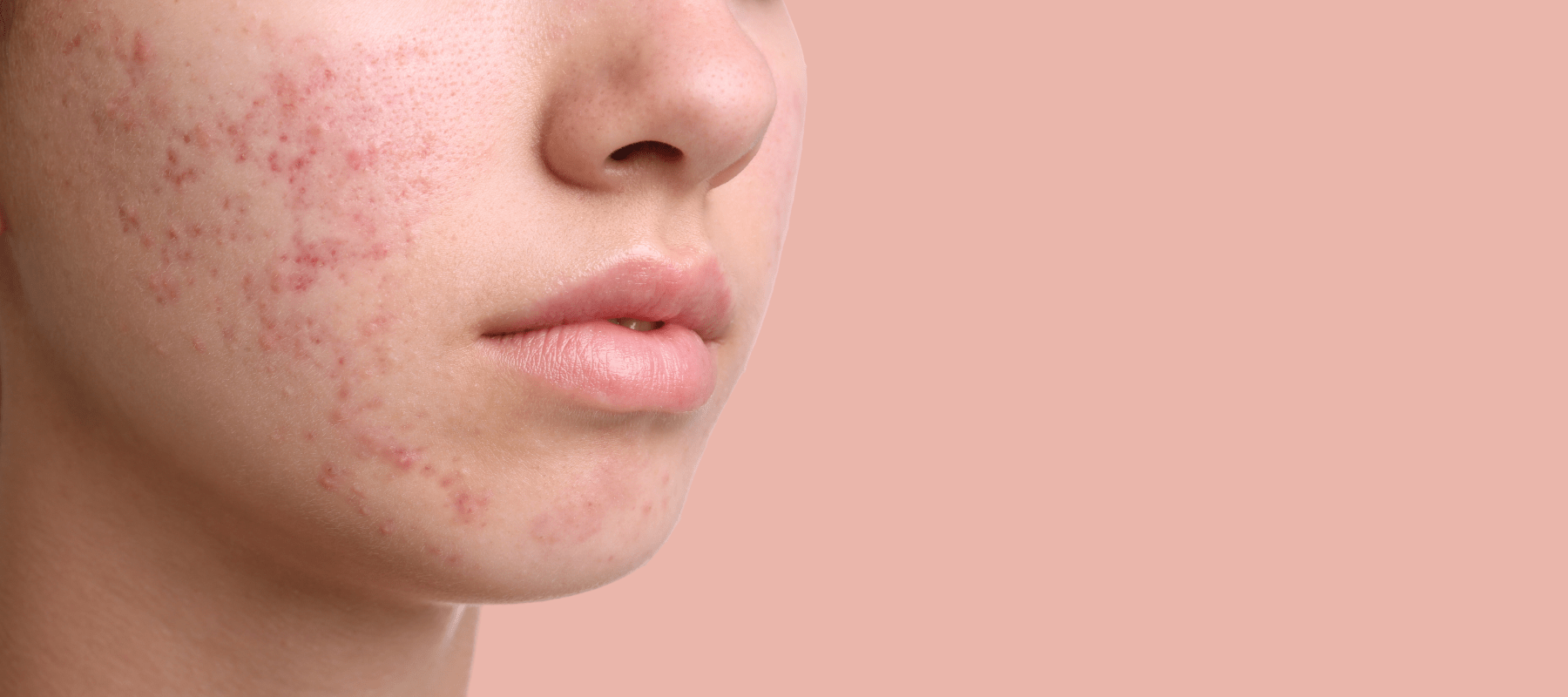
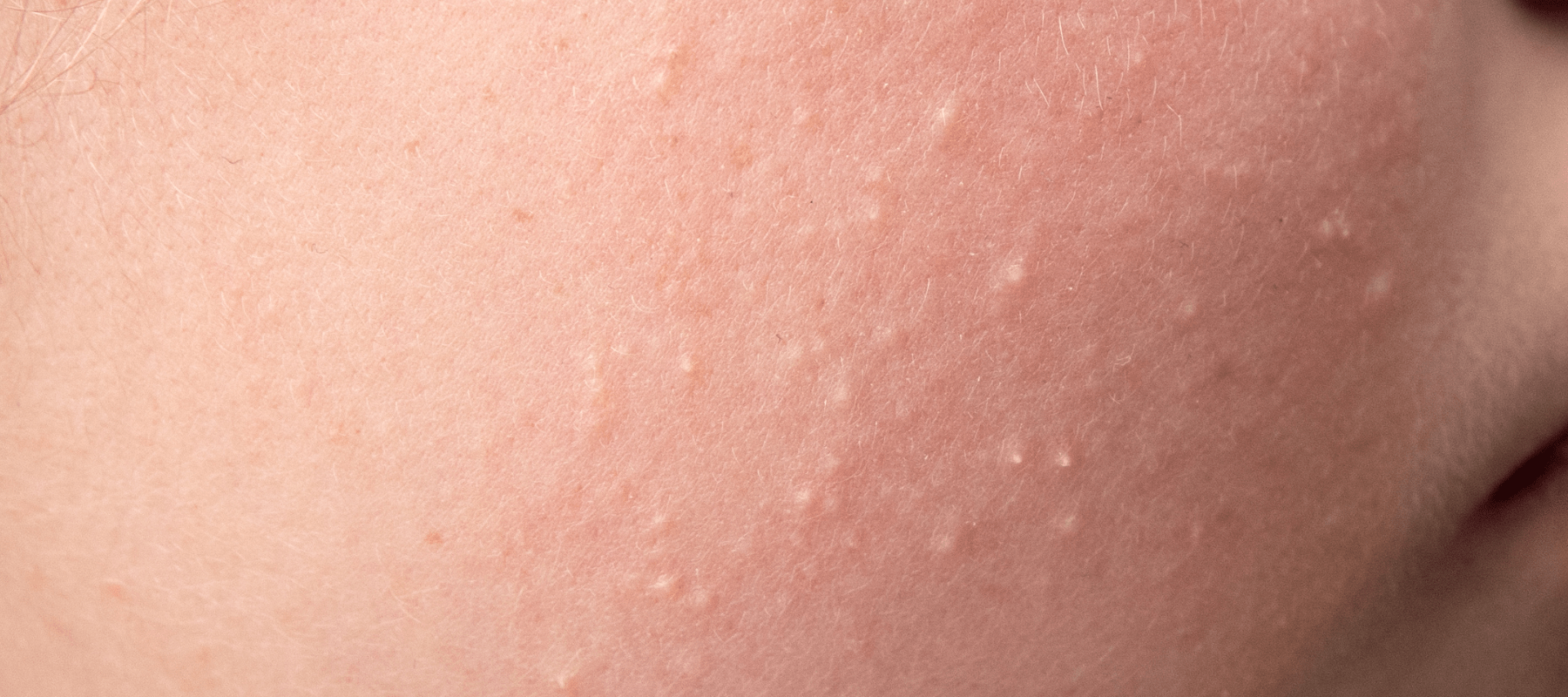
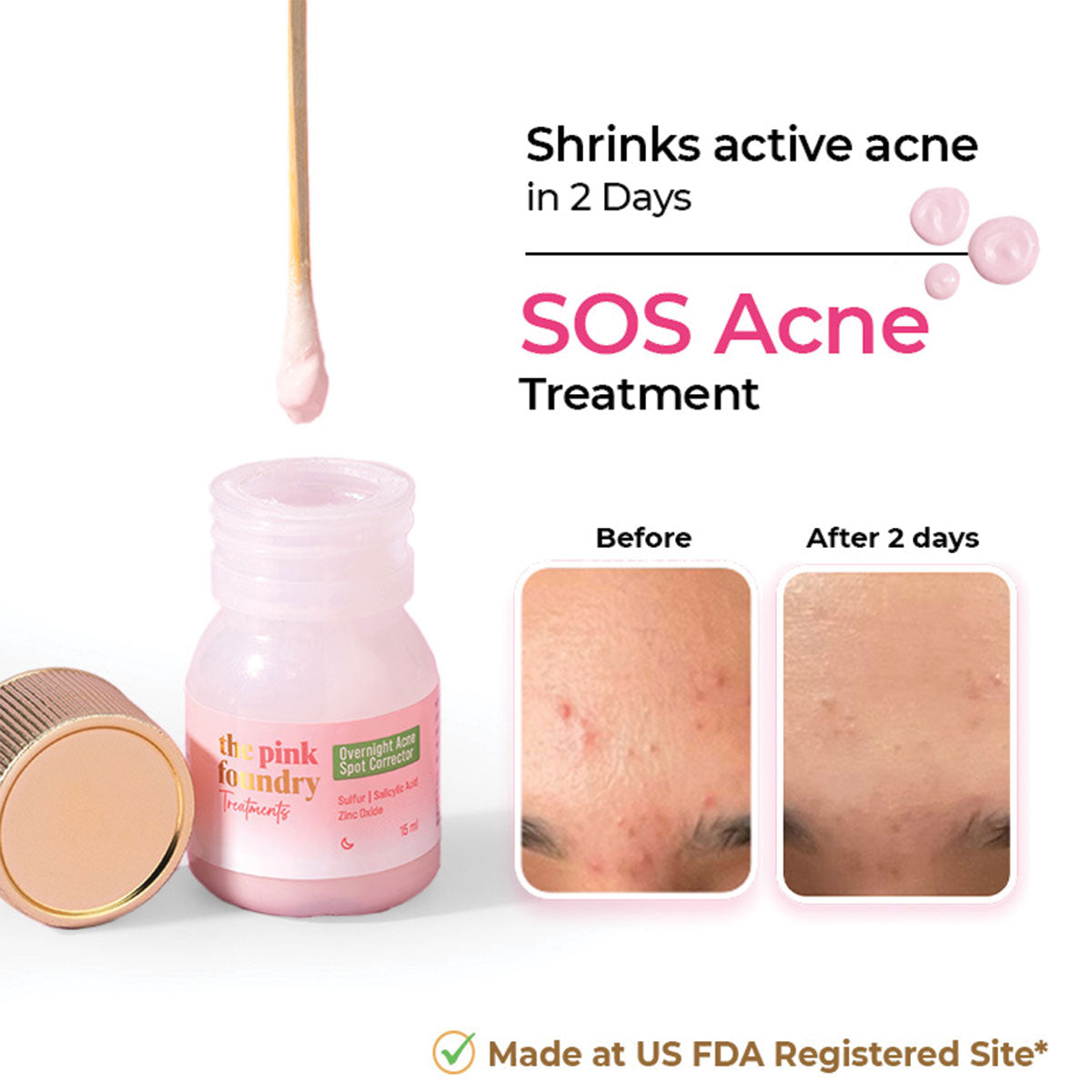
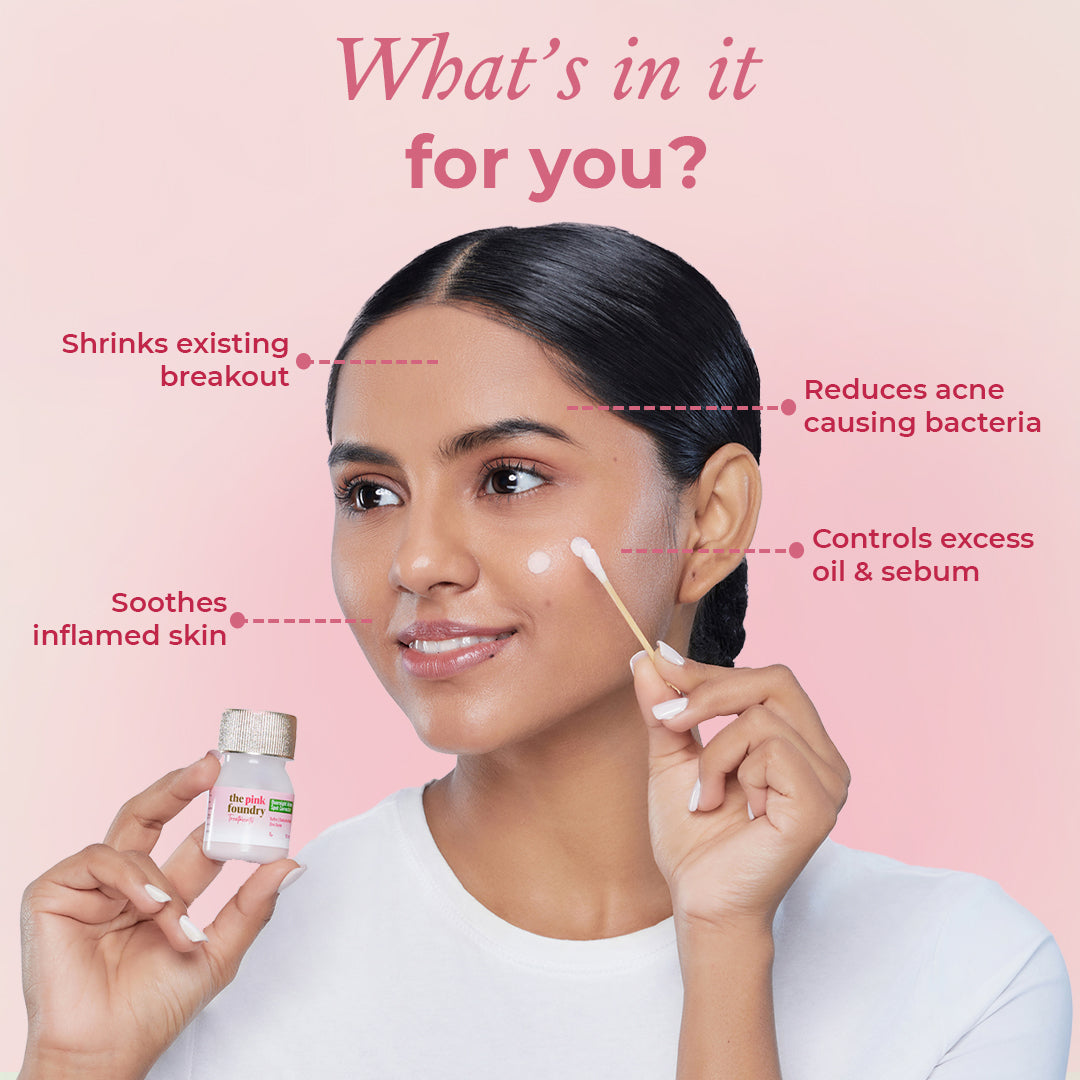


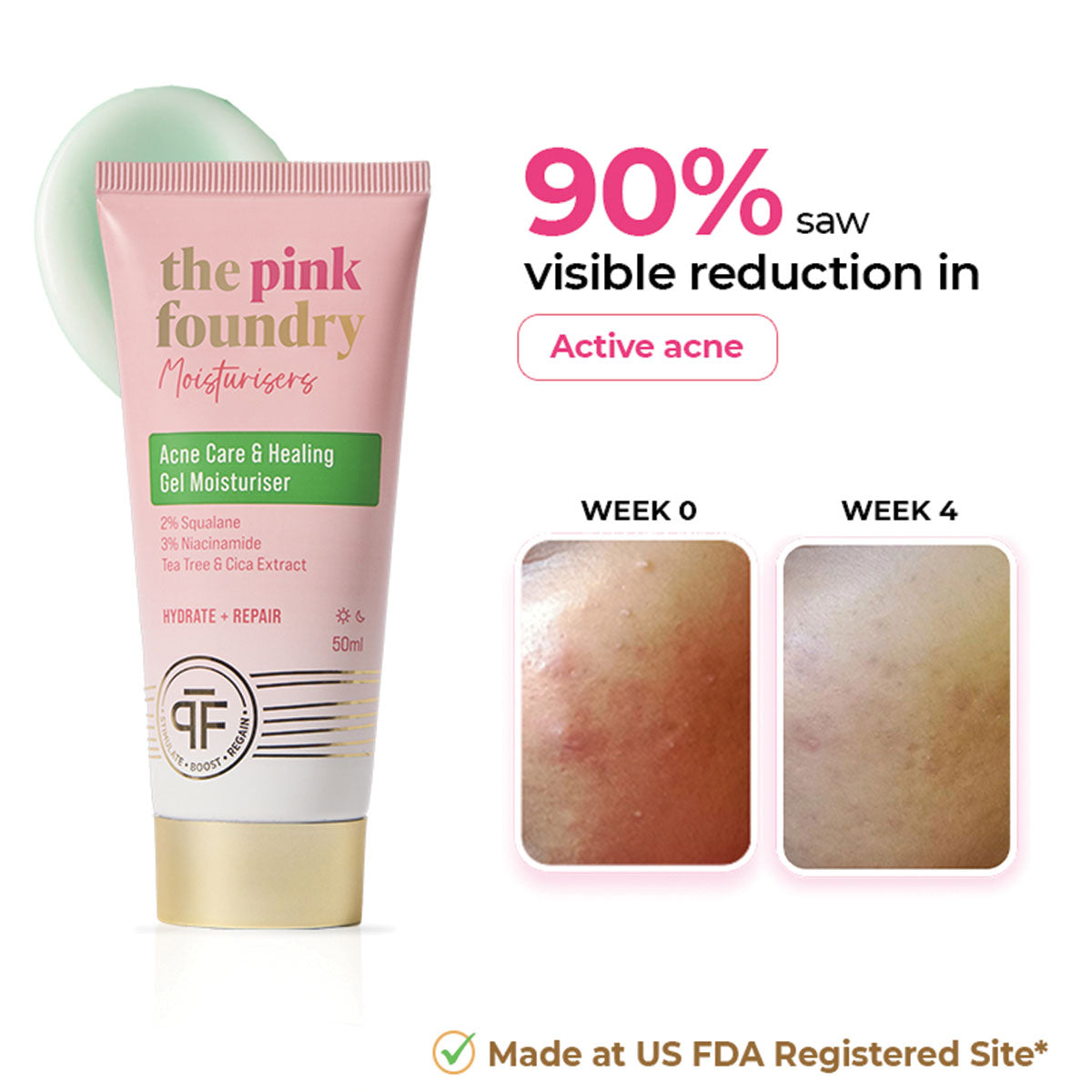
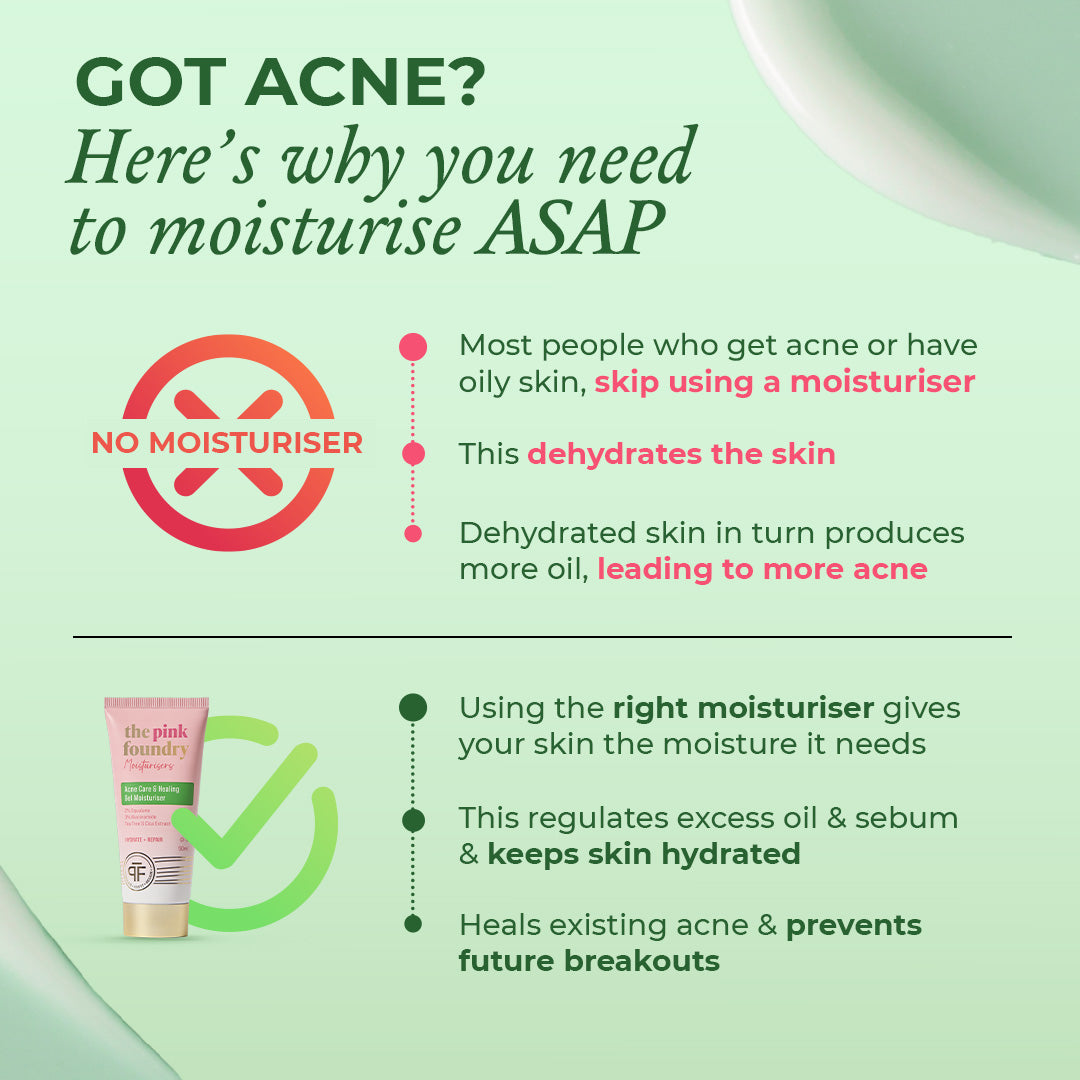










Leave a comment
This site is protected by hCaptcha and the hCaptcha Privacy Policy and Terms of Service apply.